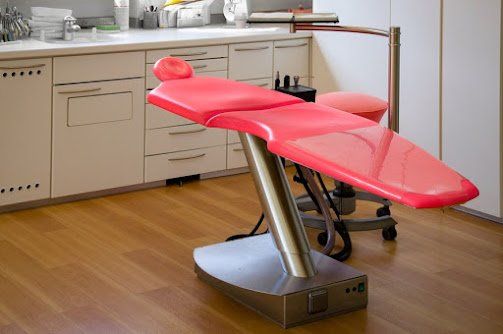
Dental bone grafting is a procedure that involves the transfer of healthy tissues from a healthy part to another suffering from a dental problem. More importantly, bone grafting is a helpful dental treatment that enables the faster healing of other dental procedures like surgeries.
However, before you decide whether or not bone grafting is the proper procedure for you, keep reading for the important reasons you’ll need it.
1. When You Suffer From Missing Teeth
Tooth decay, injury, and gum infections are the common causes of losing a tooth. Also, you might be born with the inability to grow enough teeth in a condition known as congenitally missing teeth. Nonetheless, when you’re old, losing a tooth will likely lead to missing it permanently. Therefore, you’ll need treatment options like bone grafting to fill up noticeable dental gaps.
As such, whether you lose a tooth due to extraction or accidents, the bone grafting will ultimately restore and regain the dental appearance you’ve always wanted. Over time, your jawbones will grow back to their suitable positions.
For example, if you lose a tooth when the teeth have stopped growing, your dentist will use a socket graft to prevent bone loss. With a socket graft, your jawbones will be able to fill up noticeable dental gaps by holding dental implants firmly.
2. When You Have Malocclusion of the Teeth
Malocclusion of the teeth is a medical term referring to misaligned teeth. The condition can lead to dental problems such as crossbite, overcrowded teeth, or over and underbite problems. Also, when your teeth are misaligned, you’ll have difficulties chewing, biting, and sometimes speaking.
Malocclusion of the teeth is a genetic condition but can result from events that affect the shape and structure of the jawbones, including improperly fitted dental fillings and crowns. Still, the problem can result from dental diseases like gingivitis or mouth tumors and jaw injuries.
For instance, when you suffer from class one malocclusion of the teeth problems, your misaligned teeth will overlap. You’ll have your upper teeth overlapping the lower ones. In class two of malocclusion of the teeth, your upper teeth will be sticking out over the lower ones and the lips when speaking and chewing.
Therefore, when you suffer from misaligned teeth, dental bone grafting will help restore and prevent the loss of jawbones. Over time, the jawbones regrow and eventually fill up spaces that lead to teeth misalignments.
3. For Supporting and Holding Dental Implants Firmly in Place
When you suffer from missing teeth or dental periodontitis, you’ll automatically have weak jawbones because the empty bone structures used to hold the missing teeth begin to break down and weaken.
As a result, the lack of strong jawbones risks the failure of dental implants from firmly holding into place. Because of this, you’ll need to perform bone grafting before getting dental implants to help the jawbones regrow and regain strength.
When done, grafting helps the jawbones regrow and develop. Over time, the dental bone structures become strong, thus holding implants, crowns, and fillings in place. However, because dentists are not always the same, the most effective bone grafting calls for working with reliable and highly experienced dentists.
At the San Diego for Oral & Maxillofacial Surgery, you’ll always find the right bone grafting. You can also get corrective jaw surgery and wisdom teeth solutions. Contact us today for reliable dental services regardless of your problems.
